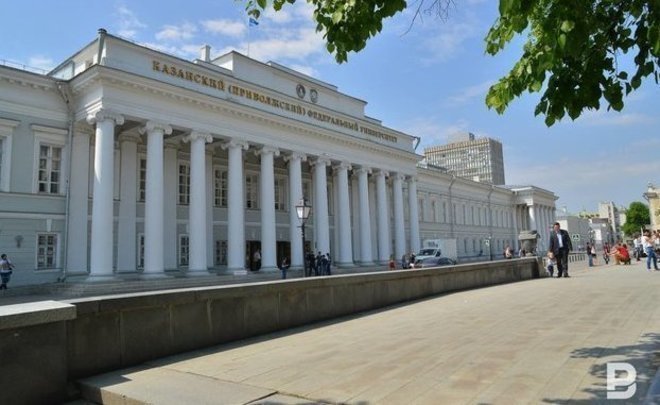KFU can train specialists in cultural heritage for Syria
Islam in the Multicultural World forum begins in Kazan

Specialists in restoration of cultural sites in Syria will be trained at Kazan Federal University. Organisers of the 11th Islam in the Multicultural World international forum, which opened in Kazan on 14 October, announced this. Read more in Realnoe Vremya’s report.
“Russia has two legs”
As Director of Kazan Federal University’s Institute of International Relations Ramil Khayrutdinov said, the 11th Islam in the Multicultural World international forum that has been held in Kazan since 2011 is one of the most authoritative forums on Islamic studies around the world. The university hosts it together with the Institute of Oriental Studies of the Russian Academy of Sciences, Russian and Tatarstan Muslim Religious Directorates, Bolgarian Islamic Academy and Russian Islamic Institute together with Russia — Islamic World Strategic Vision Group.
“We talk about crucial, important not only theoretical but also practical issues,” Khayrutdinov stressed and indicated that experts’ most conclusions were then communicated to the management of the republic and the country.
The head of the institute noted proudly that the programme of the forum alone is “a big 70-page work.”
The event started with a plenary session and will last for two weeks. Russia — Islamic World, migration, human capital and safety are its key topics.
“Russia’s cooperation with the Islamic world, partner countries, antagonists, the Arab civilisation in economics, production, banking is at the centre of attention,” the speaker said.
Two Russian Arabic and Turkish language competitions with more than a hundred students will take place during the forum.
“Russia has two legs,” noted Vitaly Naumkin, research leader of the Academy’s Institute of Oriental Studies. “One is in the East, the other is in the West. And this is the combination of our engagement in the two worlds. There is no border, it is blurred.”
Also, Naumkin stressed that his institute’s scientists consider they are heirs of the Kazan school of Oriental studies.
“We all work interpreting, positioning the East, understanding our relations between the East and our great country, which provides examples of co-living of different religions, different ethnic groups,” Naumkin said.
“Though we are sometimes impeded to do this, they try to undermine it. Oriental studies are the science that allows us to confidently feel, feel the political identity.”
“A lot of museums, collections turned out in a war zone”
A lot of themes related to radicalism, which, as Naumkin said, “everybody has been tired of, fed up with,” were expected at the forum. He also explained how painful the situation in Syria was for him:
“Once people could go out at night in Damascus, Aleppo with no risk of being assaulted by simple hooligans, not terrorists.”
Syrian political expert Ali al-Ahmad who was not on the list of guests first continued the story.
“I cannot help but think that there are billion people in the world who have no water,” the speaker started. “Hundreds of thousands are starving to death. We said with Vitaly Naumkin that there weren’t wise politicians now around the world. The whole world is in danger, not only the Islamic world, the Near East, the whole world because of the absence of wise people. They were found in Russia when my country became a victim of these radicals who came from all the over world.”
As Khayrutdinov noted, Syria has a problem of the absence of specialists in cultural heritage:
“A lot of museums, collections turned out in a war zone. They are destroyed, a job on recreation is ahead now. Specialists are in demand, and they can be trained at KFU.”
Also, Khayrutdinov added that directors of Central Asian archaeological institutes on 15 October, specialists will talk about big joint projects not only in their countries but also in Russia.